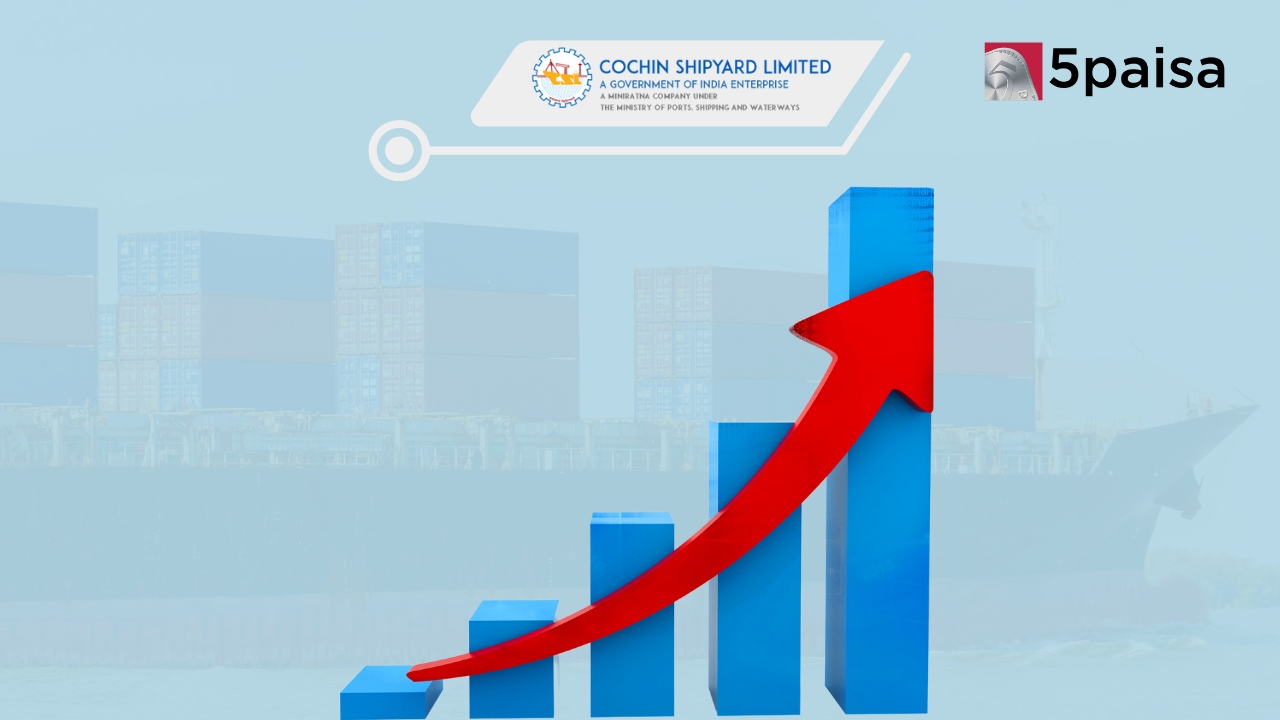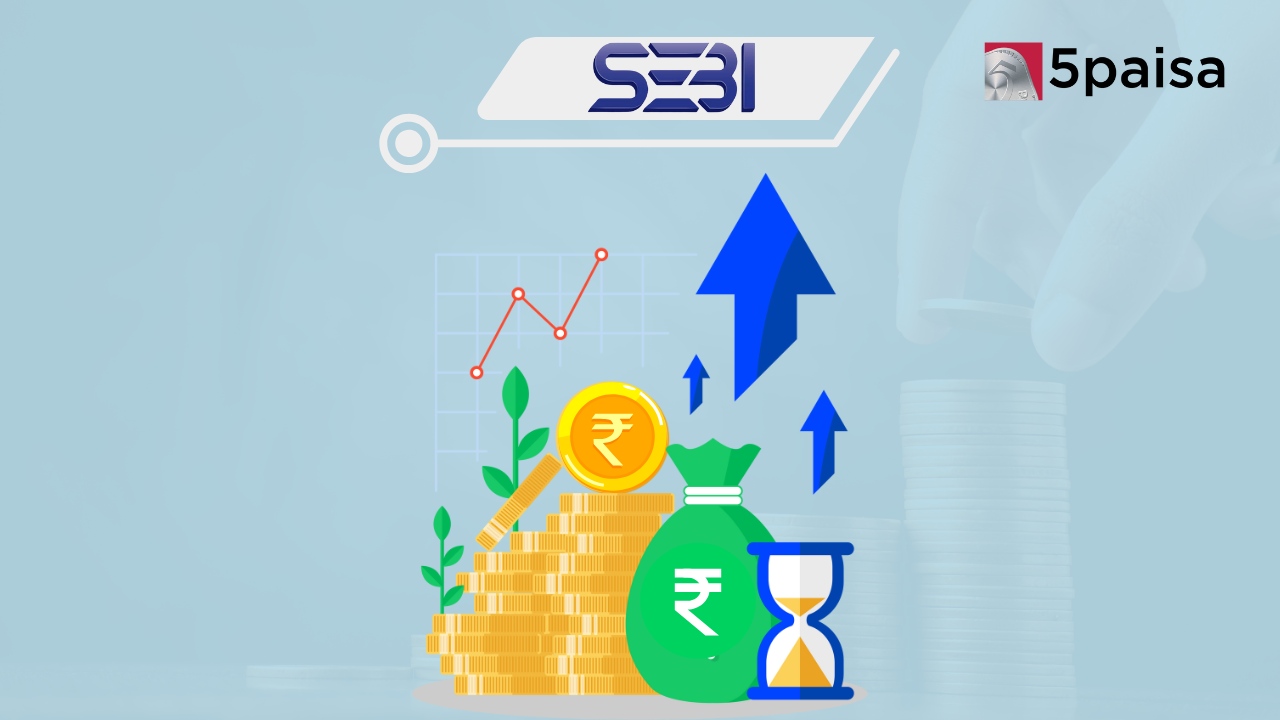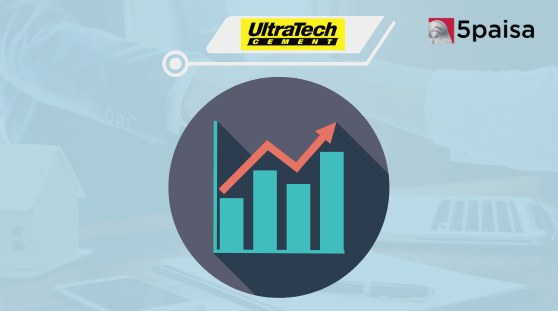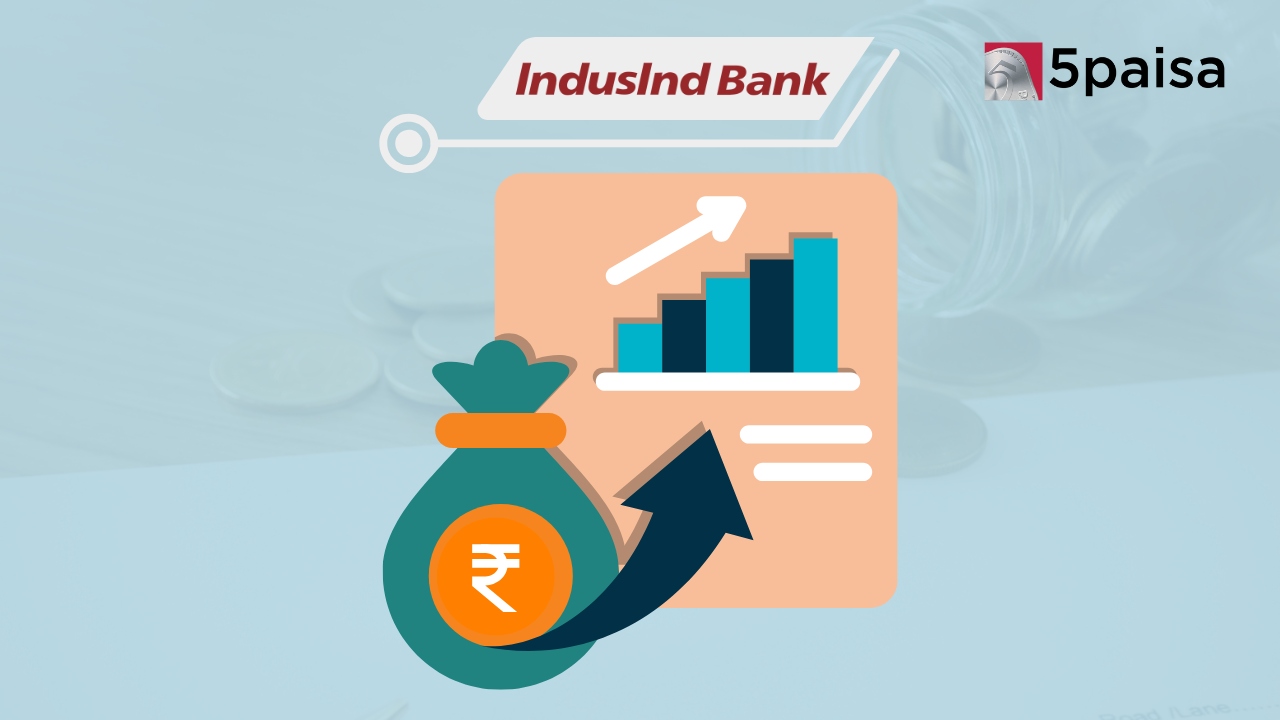Cochin Shipyard Surges 5% on ₹450 Cr Tug Deal with Adani Ports
Government may provide Rs20,000 crore as oil subsidy for OMCs

Last Updated: 9th December 2022 - 06:08 pm
Oil subsidies are back to haunt the government budgets. After forcing the oil marketing companies (OMCs) to sell petrol and diesel at static prices even amidst rising crude prices, government is now going to compensate these downstream OMCs for the losses incurred. According to early estimates, the government will compensate the OMCs to the tune of Rs20,000 crore for the losses caused by negative marketing margins on petrol and diesel. In addition, this will also partly compensate the OMCs for losses on cooking gas supply.
The big beneficiaries of this move will be the Big-3 downstream players in India viz HPCL, BPCL and IOCL. These 3 state-run retailers oil retailers together supply more than 90% of India’s petroleum needs. In the June 2022 quarter, these 3 companies suffered the worst ever loss as they did not pass on the higher crude costs to the end users in the form of higher petrol and diesel prices. This will ease the pain of the oil marketing companies but will imply a huge cost to the government as it struggles with spillages in the budget.
For the fiscal year FY23, the government had pegged oil subsidy at Rs5,800 crore and annual fertilizer subsidy at Rs105,000 crore. If Rs20,000 crore is given as subsidy to the oil marketing companies, it is obvious that there will be spillage in the oil subsidy bill. This comes in a year when even the fertilizer subsidy bill is likely to go well beyond the budgeted estimates. The subsidy has been necessitated after the OMCs had to sell petrol and diesel at their pumps at less than the landed cost of crude, just to keep inflation in check.
In many cases, the rise in local prices has been nowhere close to the input spike in these products. Oil prices doubled between October and February due to the onset of the Russia Ukraine war. However, during this period, the OMCs hardly raised the petrol and diesel prices. Secondly, if you look at liquefied petroleum gas used as cooking fuel, nearly half of that is imported. In the last 2 years, the prices of Saudi contracts have gone up by 303% while the retail prices are up by just about 28%, so that is the quantum of pressure.
For a long time, the oil marketing companies including Bharat Petroleum Corporation (BPCL), Indian Oil Corporation (IOCL) and Hindustan Petroleum Corporation (HPCL) have been holding down pump prices of petrol and diesel to curb accelerating inflation. The oil companies will obviously require some kind of intervention either through price increases or government compensation to cover sustained losses. OMCs have already told the government that further subsidies could weaken their financial positions further.
For the government it has been a choice between the devil and the deep sea. When the government allowed free pricing of petrol and diesel in 2014, they had the good fortune of a sharp fall in price. Hence the concept of free pricing works. However, all free pricing becomes redundant after a point when people seek protection at all costs. That is what happened when Brent Crude crossed $100/bbl during the current calendar year. The best reforms only work up to a point. Now, it is time to compensate the OMCs for these losses.
- Flat ₹20 Brokerage
- Next-gen Trading
- Advance Charting
- Actionable Ideas
Trending on 5paisa
Indian Market Related Articles
Disclaimer: Investment in securities market are subject to market risks, read all the related documents carefully before investing. For detailed disclaimer please Click here.
 5paisa Research Team
5paisa Research Team




